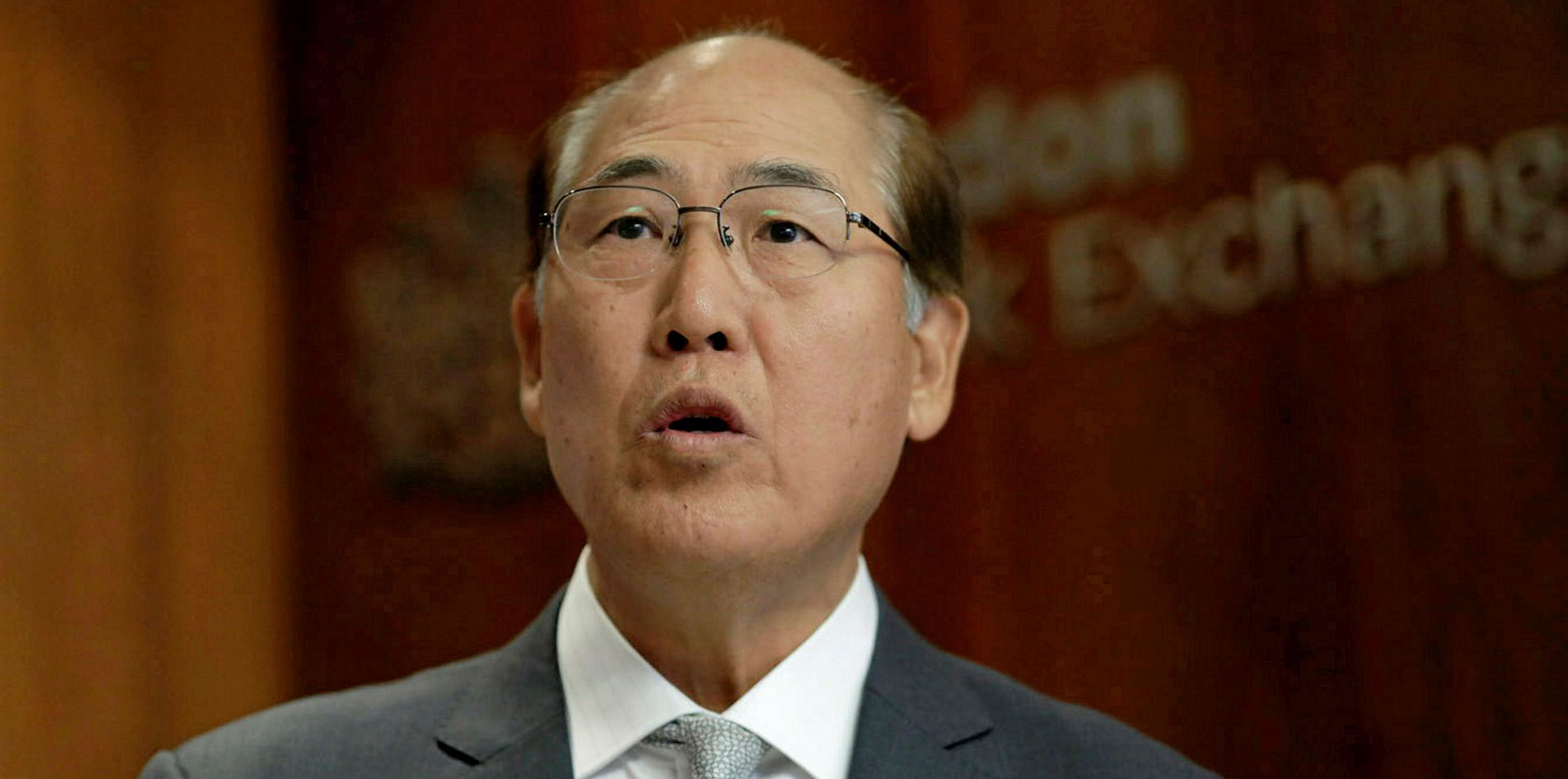When it came to expressing members’ views, John Platsidakis did not mince his words during his presidency of Intercargo between 2012 and 2018.
He continues being a straight talker now.
“The biggest challenge for oceangoing shipping is environmental over-regulation,” he said in an interview with TradeWinds.
Some of his views may come across as conservative and are taken by industry critics as a sign it lacks awareness of the problem or shirks its responsibility.
However, Platsidakis said his arguments — shared by several shipowners — are logical.
“Environmentalists are wrong to believe shipping doesn't respect the environment,” he said.
Platsidakis said that if for no other reason, the industry does so out of self-interest. He argued that the less fuel a ship burns and the less carbon it emits, the more profitable it is for the owner.
He said if vessels emit more carbon than environmentalists think they should, then shipowners are the people least able to do anything about it.
“Shipping companies just buy whatever ships are in the market,” Platsidakis said.
He argued that if regulators want cleaner ships, they should hold shipyards, engine manufacturers, refiners and charterers to higher standards — just as car manufacturers are held responsible and not buyers.
“Regulators’ approach is unfair — it’s like targeting consumers and not the producers,” he said, adding that “shipping welcomes regulations as long as they are practical to apply and address the topic they aim at”.
On Greek shipping, he was optimistic: “It’s particularly competitive — always has been.”
He said the one thing Greek shipping could address is a growing alienation separating owners from their vessels.
“I’m afraid that the new generations are becoming alienated from the ship — they see it more in terms of internal rate of return or of share prices,” he said. “Ships, however, aren’t numbers.”
He said it is key for a shipping outfit to have a bond with its seafarers.
“When he talks with the office, a seafarer in the middle of the ocean should always know whom he’s talking to,” Platsidakis said.
“It shouldn’t be like calling a bank hotline when there’s something wrong with their credit card.”






